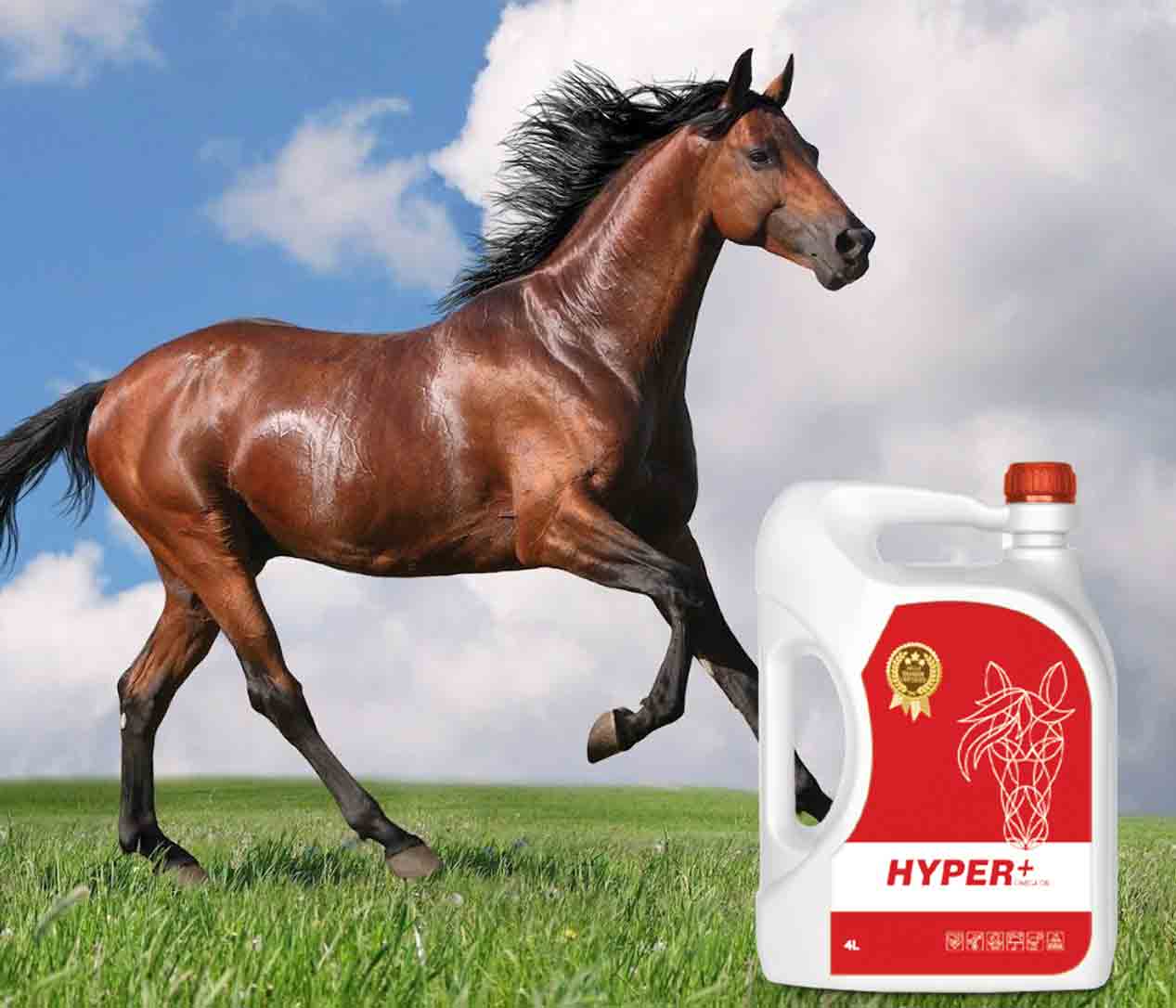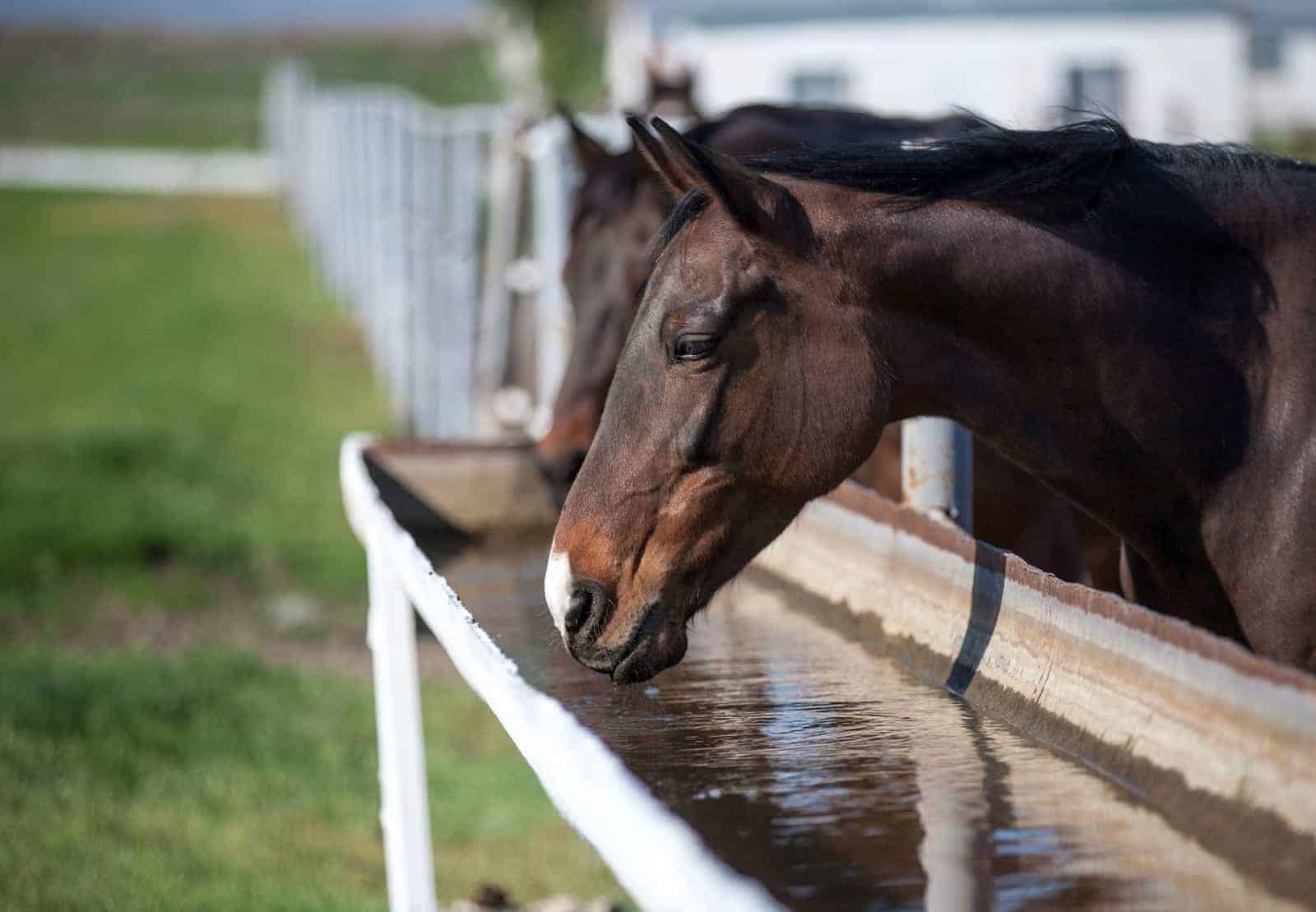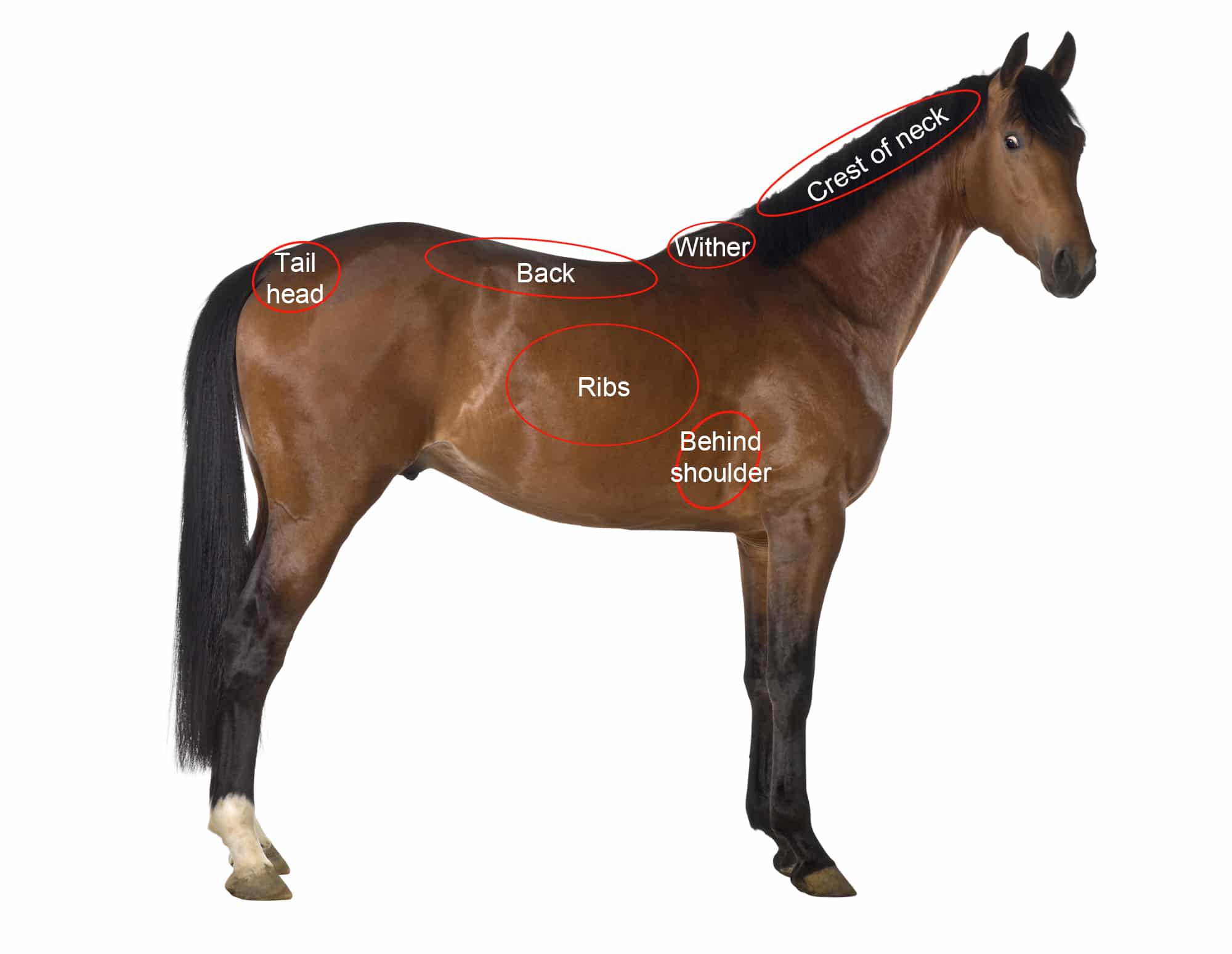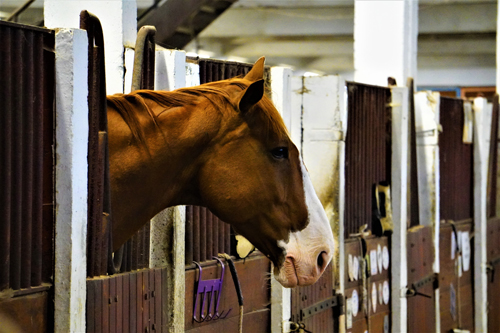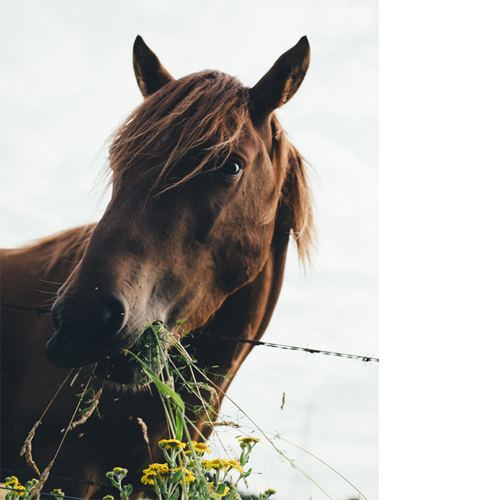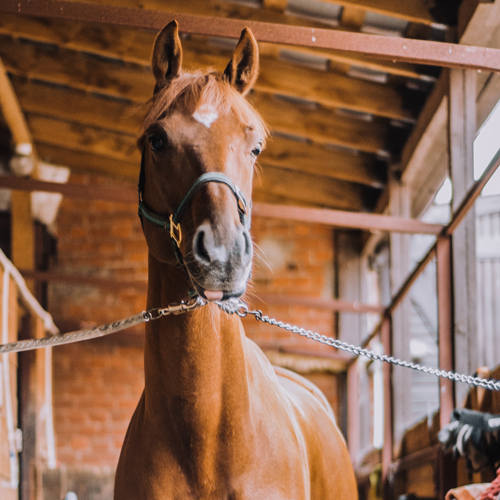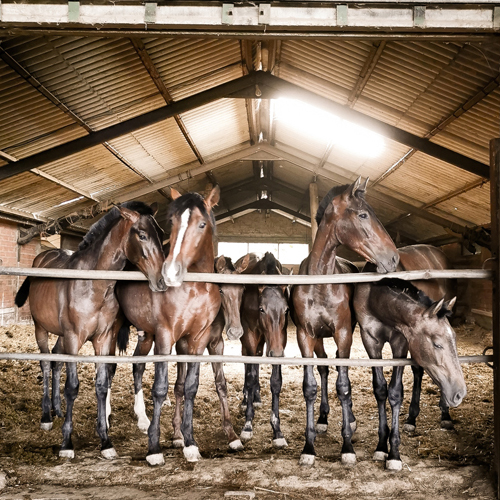Consideration related to the use of alfalfa in feeding horses
Alfalfa is a nutritious forage that can benefit many classes of horses, including those with elevated energy, protein, or vitamin and mineral requirements.Due to its high energy, protein, and calcium content, alfalfa must be carefully added to the diet to avoid dietary imbalances

